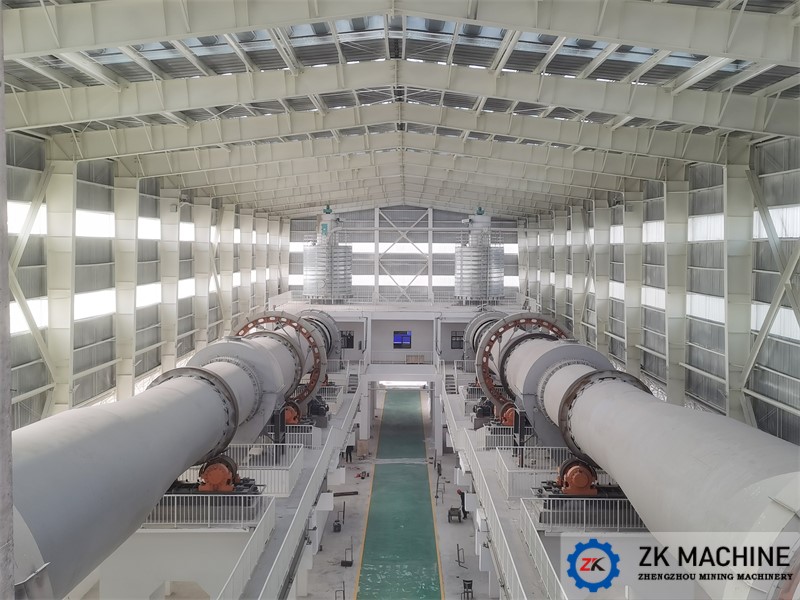- +8618937185591
- +8618937185591
- ec19@zkcorp.com
- +8618937185591


Oil sludge is an oily waste generated during oil extraction, refining, storage, and transportation. Due to its high content of mineral oil, heavy metals, and harmful microorganisms, it has been labeled as a "major polluter." However, as the light of technology shines on the field of solid waste treatment, oil sludge is undergoing a remarkable transformation, evolving from an industrial waste into a "treasure trove of resources" waiting to be developed.
Raw Material Pretreatment
Oil sludge has a complex composition, including mineral oil, heavy metals, and inorganic impurities. Pretreatment is a crucial step to ensure the quality of ceramsite. First, large debris in the oil sludge is removed through mechanical screening and centrifugal separation techniques, homogenizing the particle size of the materials. Subsequently, thermal washing or biodegradation techniques are used to remove oil from the oil sludge, reducing the oil content to a stable threshold. This process is like "removing makeup" from the oil sludge. It not only reduces the pollution risk in the subsequent firing process but also enables the inorganic components in the oil sludge to function better, laying the foundation for ceramsite molding.
Batching
The plasticity and cohesiveness of oil sludge itself are limited, so it needs to be scientifically proportioned with auxiliary materials. Through numerous experiments, researchers have developed a formula system mainly using oil sludge, clay, and shale as raw materials. Oil sludge provides the necessary plasticity, clay enhances viscosity, and shale improves the strength and heat insulation of ceramsite. During the proportioning process, the material ratios are also adjusted according to different application scenarios. For example, ceramsite used for greening and planting should focus on air permeability, while ceramsite used for building structures emphasizes compressive strength. This precise combination of materials is like a "secret recipe" in cooking, endowing ceramsite with unique properties.
Granulation
The raw materials that have undergone pretreatment and proportioning are shaped into regular spherical particles under the rotation and extrusion of the granulator. Common granulation methods include disc granulation and roll granulation. In this process, the control of process parameters is particularly important. Slight deviations in rotational speed and moisture content may affect the roundness and density of the ceramsite. The molding of each ceramsite is a blend of technology and craftsmanship, just like a work of art meticulously carved by a craftsman.
High-Temperature Firing
The formed ceramsite needs to be fired in a high-temperature kiln, which is the core step determining its properties. The temperature inside the kiln is usually controlled at 1000°C - 1200°C. Under the action of high temperature, complex physical and chemical reactions occur inside the ceramsite: moisture evaporates rapidly to form a pore structure, and mineral components melt and crystallize, giving the ceramsite properties such as light weight, high strength, and heat insulation. The control of the temperature curve during the firing process can be regarded as an "art" - too fast a heating rate will cause the ceramsite to crack, and too slow a cooling rate will affect production efficiency. Only by precisely mastering the heat can the ceramsite complete its nirvana in the high temperature and demonstrate its unique performance advantages.
From polluted waste to high-performance ceramsite, the oil sludge ceramsite production process not only realizes the resource utilization of industrial waste but also injects new vitality into the building materials field with innovative technological approaches. With continuous optimization and improvement of the process, this technology is expected to play a greater role in the environmental protection and construction fields, enabling every piece of "industrial legacy" to be reborn.